Although it’s still early days in terms of official research, public libraries are emerging once again as recession sanctuaries; providing vital services, in times of economic crisis.

I recently presented on this very topic at the Society of Chief Librarian’s (SCL) Conference at the University of Warwick. (Presentation available via my SlideShare page, click here). Attending the conference was a fantastic experience as I was able to chat to delegates about the impact that the recession has had on their library services; how they’re managing to deliver high quality services despite ongoing budget cuts; and the innovative ways that they’re promoting their services to users, including this inspired poster from Brighton & Hove….
During the Q&A session for my presentaion I noted a strong desire from many delegates to explore Web 2.0 and social media. Unfortunately, however, many are unable to implement their Web 2.0 plans due to restrictions imposed on them by council-wide IT departments and their filtering policies (click here for a previous blog post about Glasgow City Libraries & internet filtering). A shame really, given that other authorities, with slightly more liberal approaches to web 2.0 are able to forge ahead, creating interactive and collaborative spaces for library users to visit online (e.g. Manchester Libraries).
Seems unfair that public library users and staff, many of whom could benefit greatly from accessing web 2.0 and social media sites are being prevented from doing so as a result of a web 2.0 postcode lottery. Wouldn’t it be great if all public library services across the UK were at the same operational level with web 2.0 and social media…before we have to deal with the challenges and possibilities that web 3.0 presents? Just a thought! 🙂

Twitter Feed - SCL Conference 09 - #scl & #scl09
There were lots of other topics discussed over the two days and to highlight some of the burning issues I’ve created a word cloud, using Wordle, based on keywords from the Twitter feed (see above).
If you’re keen to find out more about the role of public libraries in times of recession then why not click here to check out my recently published article “Rising to the Challenge”, featured in the latest edition of Library Review.
Read Full Post »
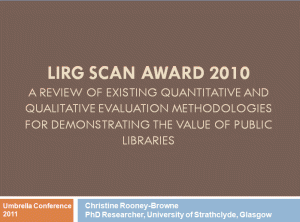 On Tuesday I attended the annual CILIP Umbrella conference for the first time. I had been invited by LIRG to present the findings of my literature review on methodologies for measuring the value of public libraries. Here’s a link to my presentation and a link to the final paper; and a selection of links to interesting library valuation studies that I’ve published on Voices for the Library.
On Tuesday I attended the annual CILIP Umbrella conference for the first time. I had been invited by LIRG to present the findings of my literature review on methodologies for measuring the value of public libraries. Here’s a link to my presentation and a link to the final paper; and a selection of links to interesting library valuation studies that I’ve published on Voices for the Library.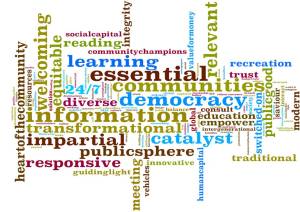
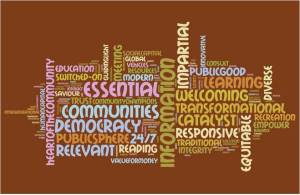
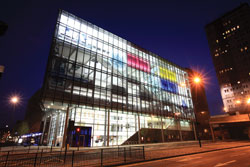
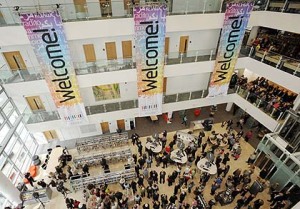






 carbon dioxide as boiling your kettle for a cup of tea.
carbon dioxide as boiling your kettle for a cup of tea. 
